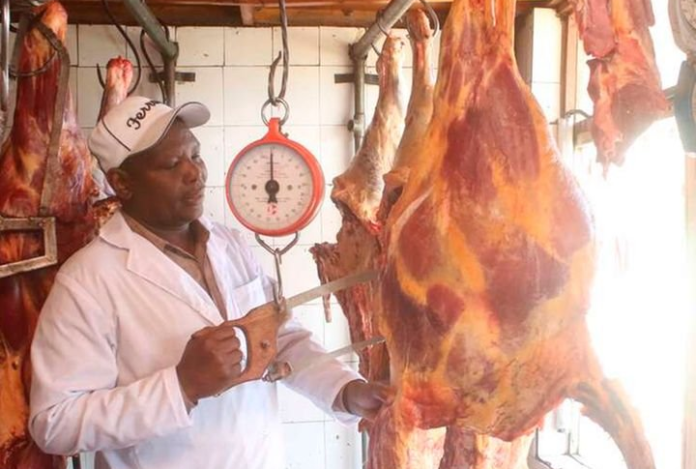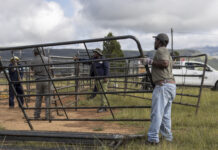China has suspended imports of cloven-hoofed animals and related products from South Africa following an outbreak of Foot-and-Mouth Disease (FMD) in several provinces, including KwaZulu-Natal, Mpumalanga, and Gauteng.
The suspension, effective immediately, includes beef and other products derived from affected livestock.
The decision comes after South African authorities confirmed new FMD cases outside KwaZulu-Natal. A farm in Mpumalanga, identified through trace-forward exercises from a positive auction in Utrecht, KZN, showed virus spread to adjacent camps, despite animals appearing clinically healthy.
Additionally, a feedlot in Gauteng that received animals from an auction in Heidelberg reported positive laboratory results for FMD .
Dr. Mpho Maja, Director of Animal Health at the Department of Agriculture, emphasized the importance of biosecurity measures. “This highlights the importance of keeping newly bought animals separated from the resident herd for at least 28 days, even if a health attestation was issued for the animals,” Maja stated. The 28-day separation has been a legal requirement since October 2022.
Agriculture Minister John Steenhuisen has escalated control efforts, with the Deputy Director-General’s office coordinating actions to curb the outbreak.
Meetings with Veterinary Services and industry representatives have focused on enhancing biosecurity, traceability, and record-keeping, particularly concerning animal movements through auctions.
The suspension by China, South Africa’s largest red meat export market by volume, poses significant challenges for the local livestock industry. The Red Meat Producers Organisation (RPO) expressed concern over the economic impact, noting that the ban affects not only beef but also other cloven-hoofed animal products.
To mitigate the spread of FMD, the Department of Agriculture urges all livestock farmers to limit animal movements and adhere to biosecurity protocols. Auctioneers and livestock owners are advised to be vigilant when sourcing animals, especially from provinces with active FMD outbreaks.
No cloven-hoofed animals should be accepted from areas under restriction for FMD in KwaZulu-Natal, Eastern Cape, Limpopo, and Mpumalanga.
Dr. Maja reiterated the legal obligations under Section 11 of the Animal Diseases Act, which mandates animal owners and managers to take all reasonable measures to prevent disease infection and transmission.
The Department continues to monitor the situation closely, conducting clinical inspections and testing livestock on farms in affected areas.
While there are no indications of further farm infections beyond the identified cases, authorities remain vigilant in their efforts to contain the outbreak and prevent further economic repercussions.








